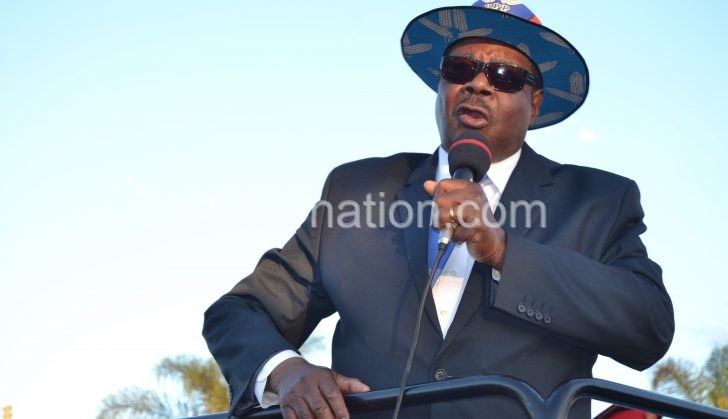Study rates youth development initiatives a flop
A study by the University of Malawi’s Chancellor College has revealed that projects aimed at empowering the youths are a flop as they have been characterised by politics, leaving the development part of it aside.
Malawi has witnessed the explosion of policies for specific sectors following the transition to plural politics through the 1993 Referendum. Some of the initiatives focused on empowering the youths to sustain development.

Before 1994, the Malawi Young Pioneers (MYP) under the one party rule established training bases nationwide, which implemented entrepreneurship, technical, agriculture and leadership programmes among the youths, consequently ensuring that Malawian youth were self-employed in agriculture, business, construction and carpentry.
After the transition to democracy, new programmes replaced the MYP such as the Youth Development Credit Scheme (YDCS); the Youth Enterprise Development Fund (Yedef); and the Youth Job Creation Initiative (YJCI).
According to the findings of the study, a critical analysis of both YDCS and Yedef shows that they have not been very successful.
“The dismal performance of these initiatives is attributed mainly to the fact that they were characterised by excessive political interference.
“Even though they were championed as youth initiatives, the primary targeted youths were those aligned to the parties in power at a particular moment,” reads the report in part, co-authored by Blessings Chinsinga and Michael Chasukwa from Chancellor College’s Department of Political and Administrative Studies.
According to the study, both initiatives have failed to pass the sustainability test and are not necessarily a genuine commitment to improving the livelihoods of the youth.
Agreeing with the findings in an interview yesterday, national director for Young Politicians Union, Clement Makuwa, said it is sad political parties forgo the use of existing structures to run youth affairs, which makes the programmes unsustainable.
He cited the forgoing of the National Youth Council in such programmes which makes them flop more.
Observed Makuwa: “If the ruling parties could have followed the national agenda, let’s say the vision 2020, and let the National Youth Council take care of issues about the youths, we couldn’t have been saying that the said programmes are a flop, but just because of too much political interference, the youths are not helped and nothing will change.”
The study suggests an improvement in policy and programme design for youth empowerment initiatives in order to accommodate subtle and important issues and also that they should be designed for long and not short terms as they are motivated by the selfish desires of politicians to maintain themselves in power.





